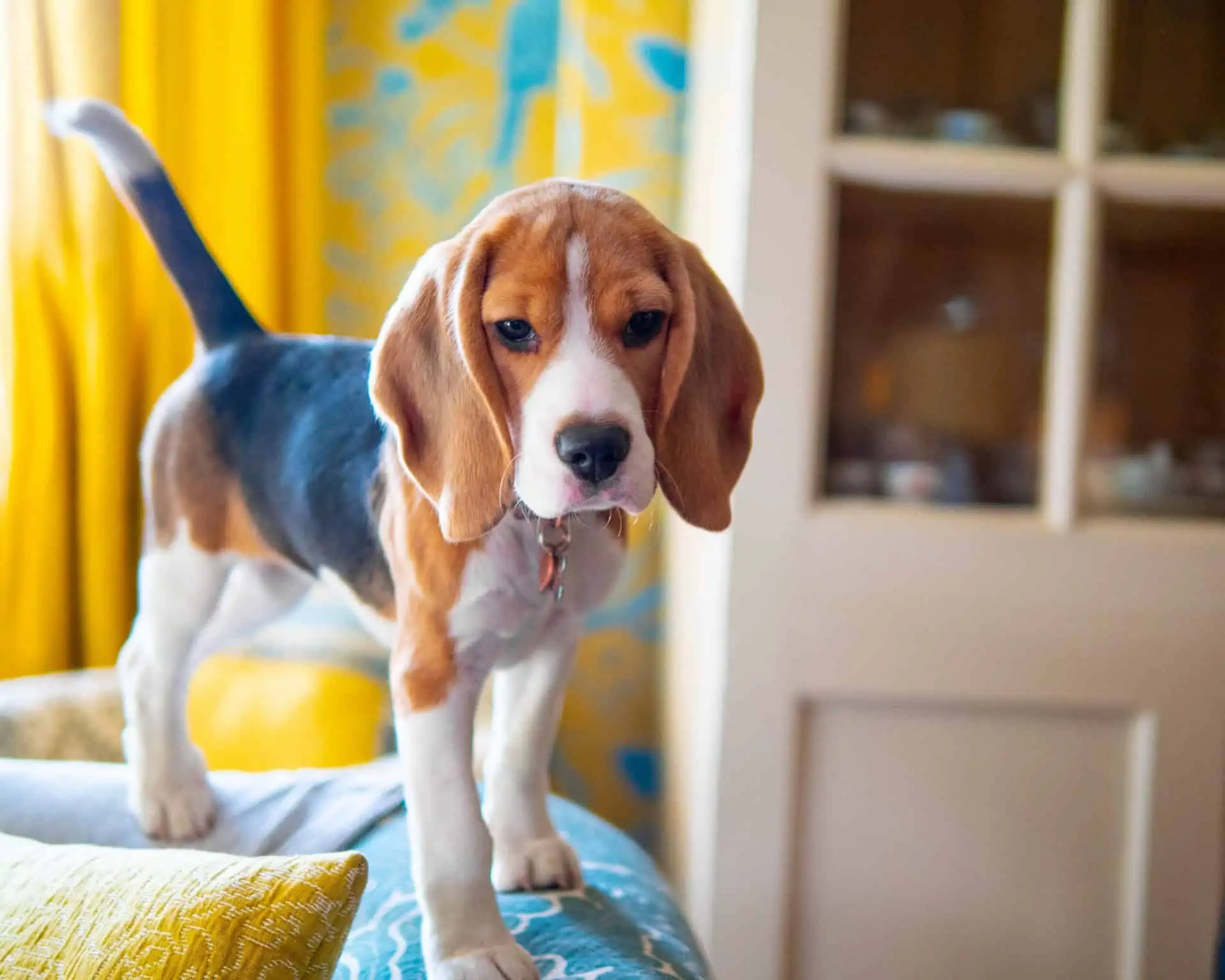House training
House training is really important to teach your dog where to go to the toilet – preferably not in your house! It does take time, but be patient and you’ll get there together.
When you first bring your new puppy home, put puppy mats down to teach them where they can go to the toilet. Once your puppy has received their first course of vaccinations, it’s time to introduce them to the great outdoors and to get them house-trained!
Follow the step-by-step guide below to help you on your way! Give this lots of time at the first to prevent any accidents.
Step 1: Remove all puppy training mats from inside your home
Step 2: Place one saturated puppy mat outside
Step 3: Take your puppy outside every few hours and wait until they have done their business
Step 4: Once they have done the deed, reward them with positivity and give them a well-done fuss! Or even a little treat for the good work
Step 5: And repeat! Persistence and routine is key
Did you know? Puppies sniff out the spots where they have previously urinated and use this to repeat the process in the same places.
Good cop, bad cop
Recall
Recall is really important to keep your dog safe and give you piece of mind when you’re out and about. Here’s some handy tips when you’re teaching your dog to come back to their name:
- Never ever call your dog to show annoyance. Always be show you are absolutely delighted that he has returned!
- Before returning, your dog must turn away from whatever he is doing. Remember that some distractions, particularly smells and sounds, are beyond our awareness AND may be more interesting than you
- Avoid calling your dog back to ‘do nothing’
- Teach your dog that coming back does not always mean ‘end of fun’. Call him back often when out walking; put him on the lead, then let him go free; offer him a variety of rewards when he comes back and generally motivate him to WANT to come when called
- Try different signals as well as just calling him. A whistle can be very effective
As with all training, work slowly and steadily. Make it enjoyable and don’t get frustrated. If it’s not working, just take a break and start again later. Don’t forget that each dog is an individual and learn at different speeds.
Training tips
It’s a myth that you can’t teach an old dog new tricks! As they’re older, your adult dog might be more interested in other activities but that doesn’t mean you can’t enjoy training together. Here are some tips for training your dog:
Recall: Avoid calling your dog back to ‘do nothing’ as this can be confusing
Commands: Use clear commands like ‘Sit’ ‘Lay’, and as soon as they respond appropriately, reward
Rewards: Always reward after they have done well. For example, even if your dog has been called back from wandering too far, they still came back to you! If told off, they may associate coming back as a negative thing
Signals: Try different signals as well as just calling your dog. A whistle can be very effective
Remember to keep cool, calm and avoid shouting or getting angry. Speaking clearly and firmly is always a better option!
Quick tip
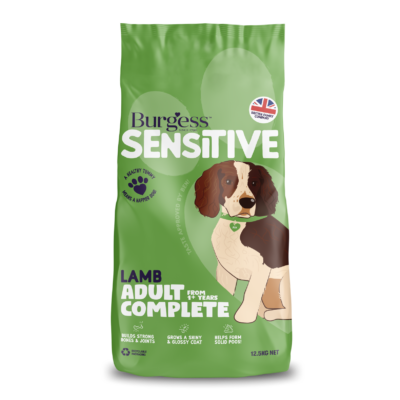
Sensitive Adult Dog Lamb
Having trouble training?
Identifying behaviours
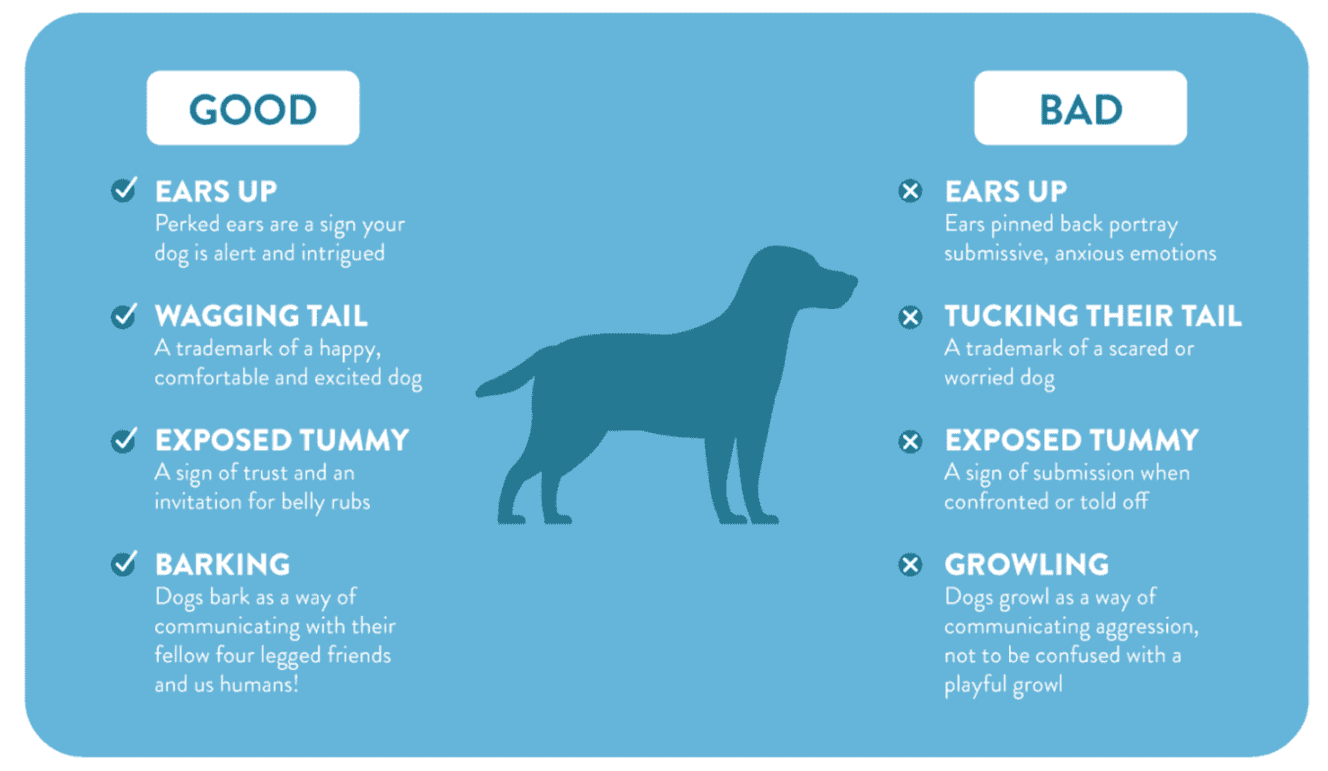
Socialisation
Socialisation is when a dog learns to recognise and interact with other dogs, other animals and people. This interaction helps your dog to learn the body language and communication skills of other animals or people.
Socialisation and habituation starts with the breeder. Once you own a puppy you should implement your own programme, exposing your dog to as wide a range of experiences and positive encounters as is possible. This exposure should start immediately and become diverse as soon as the puppy is fully vaccinated. It should continue ideally throughout the dog’s life but it is most important up until sexual maturity.

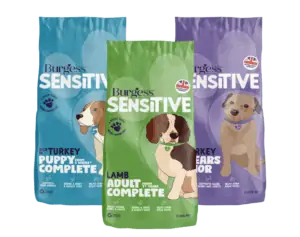

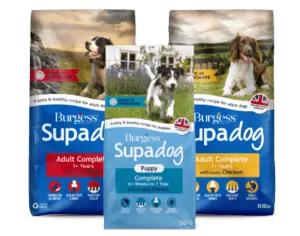
Our Supadog recipes are made using wholesome ingredients to ensure excellent quality and taste. It's tried and tested by dogs that love Supadog!
Our Supadog food is manufactured in the heart of Yorkshire and is made with protein and nutritious cereals and vegetables. All to give your dog a balanced diet and help to keep them happy and healthy.
Do you need more advice?
To help you find the right food for your pet have a look at our product range.
You can get in touch with our customer care team who will respond in 3-5 working days. Our dedicated team of pet experts will help you make the right choice.
If you should have any concerns about the health of your pet, always consult a vet.

